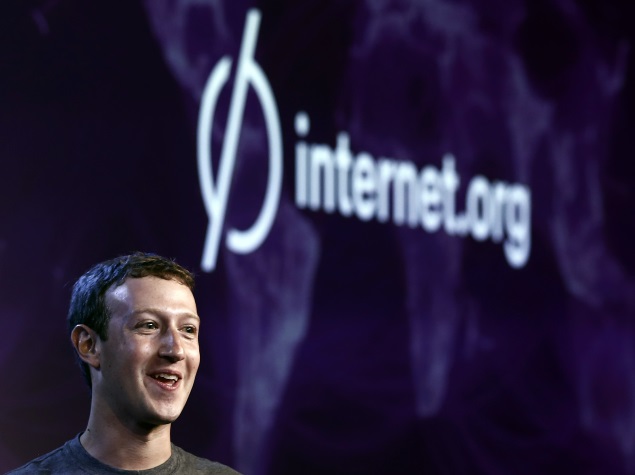Last week we covered Net Neutrality and how it is related to the internet freedom and access to information. It is important to keep Net Neutrality principles in mind when evaluating Facebook’s Internet.org initiative. Aimed at bringing internet to unconnected population of the world, the initiative include Facebook’s partnership with seven phone companies (Samsung, Ericsson, MediaTek, Microsoft, Opera Software, Reliance and Qualcomm) through which a set of applications will be free to access to the subscribers (no data charges).
The real challenge that Facebook is trying to address with this initiative is to transform ‘internet’ from a non-commodity for unconnected people to an essential commodity like food, clothing, shelter etc.
Applications
These applications, mostly basic services, are related to news, job search, information, basic search etc and include Facebook application as well for communication. A user’s access to these will not be counted towards data access and thus will not be charged. This way, any subscriber can access these website over their phone and be digitally connected.
This initiative is important in the sense it highlights how significantly large number of people in the world are not connected to Internet. They do not know anything about Google, Facebook, Wikipedia or any such sites and cannot imagine to have information access on the tip of their fingers.
Controversy
Internet.org’s initiative of bringing selected apps to the people for free also means the power of choice is taken away from the people. For example, the search engine as part of Internet.org is Microsoft’s Bing and not Google Search. Accessing Google Search will incur data charges, thus people may never know about world’s most favorite search engine.
It also discriminates between services and applications. If there are two e-commerce websites and one is added to the initiative for free access, it becomes part of the marketing and promotion, easily discriminating against the other e-commerce website. Which means, data of one e-commerce is free while data for the other e-commerce website is charged … and this goes against Net Neutrality where internet data and traffic is to remain neutral and unaffected.
Also, the concept promoted behind this initiative feels like Facebook is the Internet and not just part of it. Similarly other apps are promoted as if they are the sole representative of the category rather than just one app among many.
Criticism
Most experts and think tanks have criticized Internet.org for promoting business initiatives of selective companies to unconnected people of the world rather than genuine promotion and propagation of internet and its usage. It is seen as enlarging user-base by hiding behind grad idea of easy and free internet access.
In 2015 a user experience survey was carried out and following was the result (copied from Wikipedia)
In 2015, researchers evaluating how Facebook Zero shapes ICT use in the developing world found that 11% of Indonesians who said they used Facebook also said they did not use the Internet. 65% of Nigerians, 61% of Indonesians, and 58% of Indians agree with the statement that “Facebook is the Internet” compared with only 5% in the US.
In India the criticism has been particularly harsh and support for Net Neutrality has grown tremendously, so much as that many companies who had joined the initiative (such as Flipcart), distanced themselves after realizing the strength of backlash from the people.
What the future holds?
It is yet to be seen where these initiatives will end up. Google’s Project Loon is aiming to bring internet to remotest parts of the world and while Facebook aims to bring basic services to unconnected people. While on the surface these are quite philanthropic initiatives but where corporate objectives are concerned, nothing is free.

